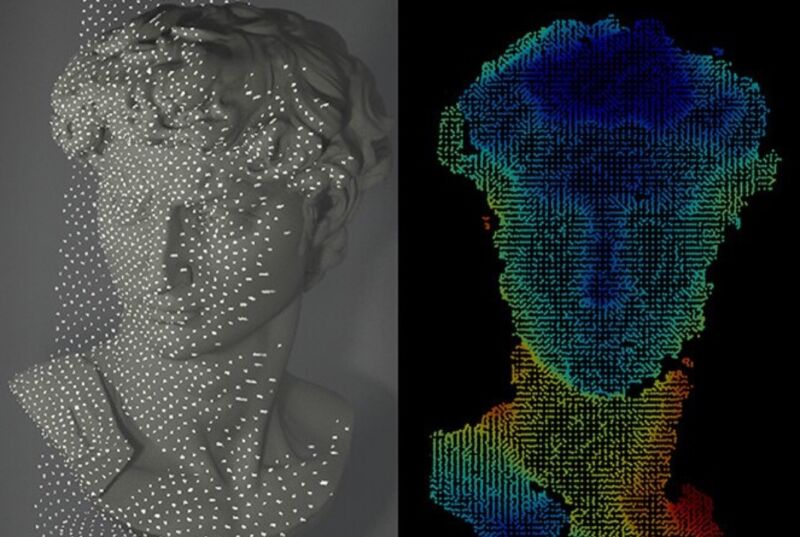-
chevron_right
How Israel uses facial recognition systems in Gaza and beyond
news.movim.eu / TheGuardian · Friday, 19 April - 17:16
Amnesty International researcher Matt Mahmoudi discusses the IDF’s use of the techonology as a tool of mass surveillance
Governments around the world have increasingly turned to facial recognition systems in recent years to target suspected criminals and crack down on dissent. The recent boom in artificial intelligence has accelerated the technology’s capabilities and proliferation, much to the concern of human rights groups and privacy advocates who see it as a tool with immense potential for harm.
Few countries have experimented with the technology as extensively as Israel, which the New York Times recently reported has developed new facial recognition systems and expanded its surveillance of Palestinians since the start of the Gaza war. Israeli authorities deploy the system at checkpoints in Gaza, scanning the faces of Palestinians passing through and detaining anyone with suspected ties to Hamas. The technology has also falsely tagged civilians as militants, one Israeli officer told the Times. The country’s use of facial recognition is one of the new ways that artificial intelligence is being deployed in conflict, with rights groups warning this marks an escalation in Israel’s already pervasive targeting of Palestinians via technology.
Continue reading...




